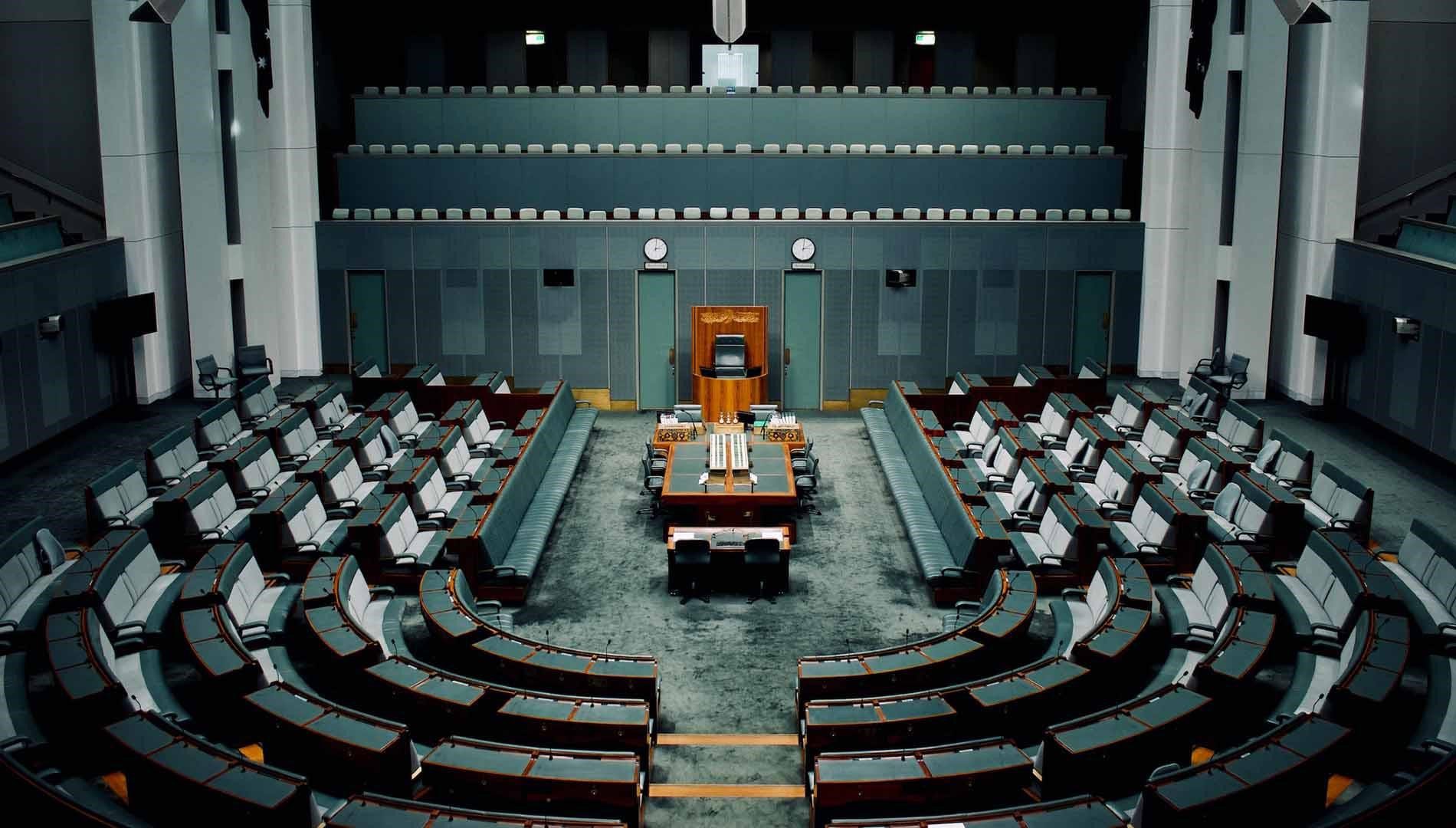Australia Is a Step Closer to Banning Cryptocurrencies for Online Gambling
by Oskar Trotman

Members of Australia’s House of Representatives voiced their support for the Interactive Gambling Amendment Bill 2023, which effectively bans using cryptocurrency and credit cards for online gambling. The bill was submitted in September and passed the House of Representatives on Tuesday, November 14th.
The legislation now moves into the Senate, where additional amendments may be added. If the bill passes in the upper chamber, operators and financial institutions must abide by the new regulations. The bill allows for a six-month grace period, enabling online casinos to make the necessary changes and be fully compliant.
The new proposed law builds upon the existing prohibition for land-based venues. Companies not enforcing the ban on digital currency and credit cards will be subjected to penalties over US$149,058. The legislation faced severe opposition from lobbyists, but representatives did not yield to pressures to thwart the ban, especially since all major political parties supported the measure.
This legislation is part of the broader reform of the country’s gambling industry in an attempt to prevent the negative effects of online betting and gambling and curb gambling addiction among the population.
Lost Tax Revenue
The new legislative initiatives to control online gambling received a push after a 2022 study conducted by the Australian Communications and Media Authority (ACMA) found that 11% of Australians actively gambled online in 2022, compared to 8% in 2020.
The Australian market is not small. Projections for 2023 predict revenue of US$10.30 billion with an annual growth of 6.90%. A large chunk of the revenue is not taxed by the government because players prefer to play at offshore casinos. Another problem is the lack of comprehensive regulation in Australia.
A recent report by Responsible Wagering Australia reveals that offshore platforms cost the Australian government around US$1.91 billion in lost tax revenue. At the same time, most reliable research indicates that offshore operators control 15% of the online market. There is still an open question of how the government will prevent players from using cryptocurrencies in offshore online casinos.

Offshore Operators Will Not Be Affected
Enforcing a credit card ban is easier, considering local banks must comply with the law. However, the new legislation might encourage players to adopt tokens as a more variable option to continue playing offshore. In turn, fuels the adoption of cryptocurrencies for betting at a faster pace.
The ban is nothing new on the global online gambling landscape, with the UK having similar measures in place. The Australian government’s efforts to promote responsible gambling cannot work without a comprehensive regulatory framework to protect individuals and foster reliable tax revenue for the country. Until that gets resolved, any law will only have a small effect because players will migrate to offshore markets.
There is no timeline for the bill to pass the Senate. Yet, in anticipation of the upcoming ban, several financial institutions were proactive and implemented prohibitions on using credit cards to gamble.
Related News

Scorpion Casino Announces CEX Listing for 2024
by Oskar Trotman

Survey Qualifies Crypto Investigations as Complex
by Oskar Trotman
Related News

Scorpion Casino Announces CEX Listing for 2024
by Oskar Trotman

Survey Qualifies Crypto Investigations as Complex
by Oskar Trotman
